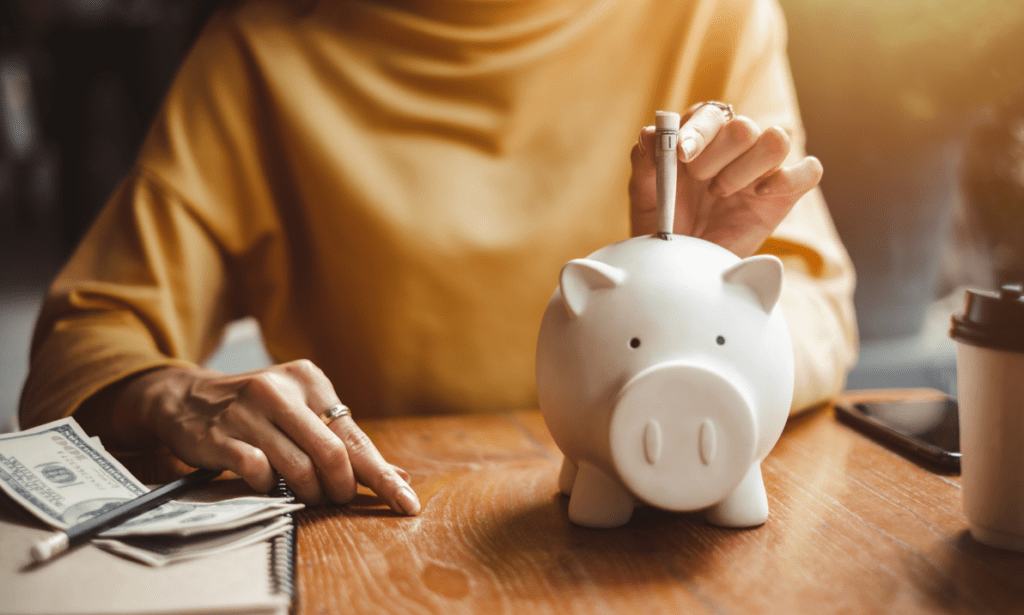It’s easy to see why so many people feel financially tapped out at the end of every month. With cost of living on the rise and wages remaining stagnant, most people’s paychecks don’t go nearly as far as they used to. As a result, we tend to neglect our savings in favor of in-the-moment expenses. However, this isn’t to say that you should simply give up on bolstering your savings. Even with economic anxiety running rampant, there are numerous steps you can take to put a little extra money away every month.
Do more cooking and less dining out
Many of us simply aren’t fond of cooking. After a long day of tending to career and family obligations, preparing a sumptuous evening meal can seem like a truly arduous undertaking. So, in the interest of saving time and energy, we often head to our favorite restaurants or simply order in. Unfortunately, dining out more than once a week can leave a considerable hole in your finances. Depending on the restaurants you frequent and the size of your household, you may be spending hundreds of dollars each month on dining out.
To get a handle on this problem, seek out easy-to-make, health-conscious recipes and limit restaurant excursions and takeout orders to one per week. This will make dining out feel like more of a treat and provide the members of your household with something to look forward to. More importantly, it will enable you to save a significant sum each month. After seeing how much extra money you have after a single month of limited dining out, you’re likely to develop a whole new appreciation for home-based meal prep.
Stay on top of automotive maintenance
Unless you live in a large city with a thriving public transit system, you likely require the use of a vehicle to get to and from work, run errands and complete various other essential tasks. As anyone who’s ever been on the receiving end of an enormous car repair bill can attest, automotive maintenance is not something to be taken lightly. If you fail to properly care for your vehicle, you can expect big problems to occur – and the bigger the problem, the costlier it will be to fix.
With this in mind, make a point of staying on top of automotive maintenance. Among other things, this entails sticking to the oil change and maintenance schedule recommended by your vehicle’s manufacturer, keeping a close eye on tire pressure and having any potential issues addressed in a timely manner. The longer you allow problems – even seemingly inconsequential ones – to linger, the more damage will ultimately be caused to the vehicle – and the more money you’ll ultimately part with. While the desire to save money is understandable, spending a small amount in the short term is infinitely preferable to shelling out a king’s ransom in the long run. Given how expensive they are, vehicles are best viewed as investments – and in order to get the maximum return on those investments, you’ll need to regard automotive maintenance as a priority.
Make smart investments
Good investments can provide you with additional income on a consistent basis. However, if you’re new to investing and aren’t well-versed in the intricacies of the market, you’d do well to enlist the aid of a seasoned investment advisor. While investing may not make you a millionaire, it can help you bolster your savings and put money away for a rainy day.
Of course, stocks aren’t the only types of investments to consider. For example, precious metals can often provide you with a solid ROI. If you’re new to this, investing in a 50 oz silver bar can be a great place to start.
It often seems like saving for a house is easier said than done. With so many essential expenses eating up our resources, it’s a wonder any of us have anything left to put into savings at the end of the month. This isn’t helped by the stagnating wages or increased housing costs found in many parts of the country. However, while bolstering one’s savings in such an economy can certainly be challenging, it’s far from impossible. Anyone looking to gradually build their personal savings should consider the measures discussed above.



